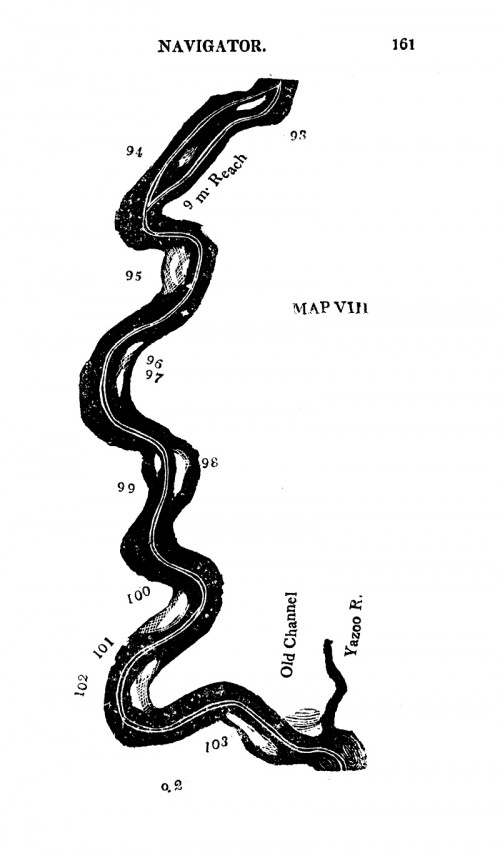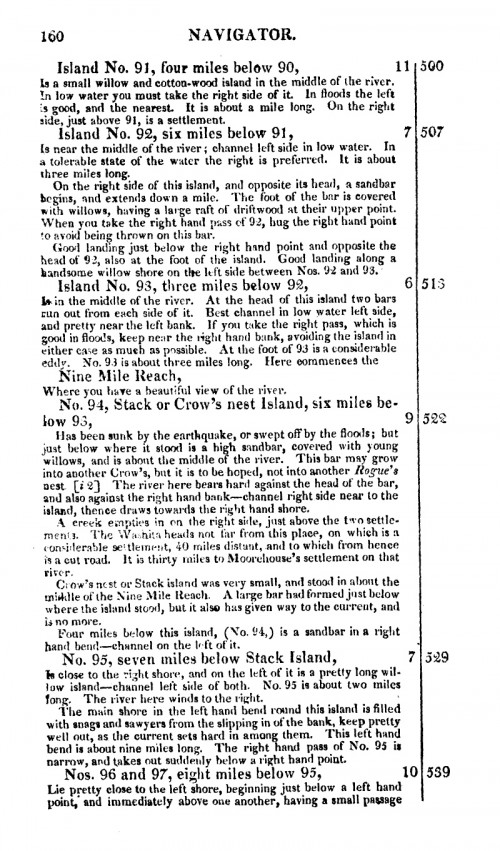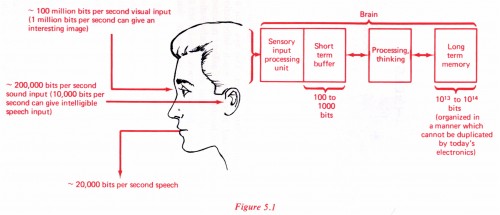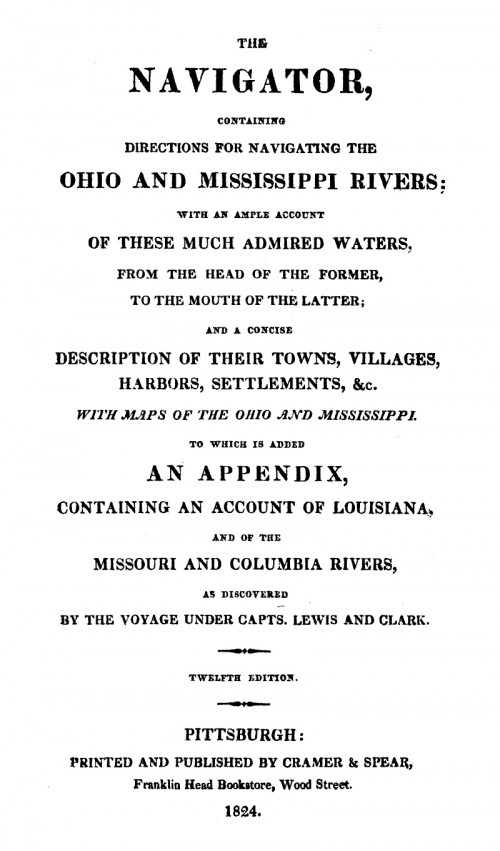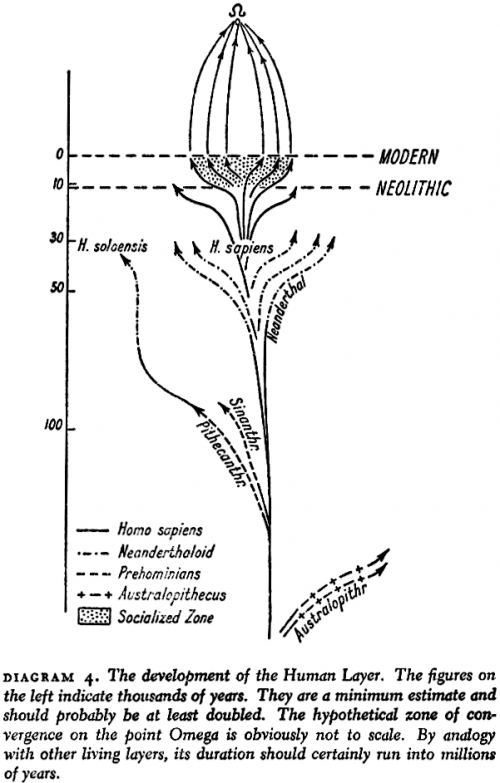Twenty-four dollars
This weekend was Boston’s first book festival. I purchased The Little Money Book by David Boyle (“What is money? What is it really worth? Who decides?”). The following is from the opening chapter (“Why publish this book?”) and is a speech delivered to European heads of state by a representative of South American indigenous communities:
I, Guaicaipuro Cuatemoc, have come to meet with the participants of this meeting.
Here I, descendant of those who have lived in America for 40,000 years, have come to meet those who met us 500 years ago.
My brother, the European usuurer, asks me to repay a debt of treachery from a Judas I never authorized to put me up for collateral.
My brother, the European hypocrite, explains to me that all debts must be paid with interest even while he buys and sells Human beings and entire countries without their consent.
I have been discovering these things. I too claim payment and I too claim interest.
Proven it is, in the archives of native peoples, by paper upon paper, receipt upon receipt, and signature upon signature, that between the years 1503 and 1660 there arrived at San Lucas de Barrameda 185,000 kilos of gold and 16,000,000 kilos of silver from the Americas.
Those 185,000 kilos of gold and 16,000,000 kilos of silver should be seen as the first of many, many friendly loans from the Americas towards European development. The contrary would be to assume war crimes and not only immediate recompense, but indemnity for damages, pain and suffering.
Such a fabulous transfer of capitol was no less than the beginning of a ‘Marshall Tesuma’ plan, to guarantee the reconstruction of a barbaric Europe, ruined by wars against (a very civilised) Islam.
So. To celebrate the Fifth Centennial of the IOU, we can ask: have our European brothers made rational, responsible or even productive use of these amounts so generously advanced by the International Indo-American Fund?
Sadly the answer is —‘no’. In the campaigns they squandered it — in the battles of Lepanto, in invincible armadas, in third reichs, in every form of mutual extermination.
They have been unable, despite a 500 year moratorium, to repay the principal and interest, let alone to live free of the further dividends, the raw materials and cheap energy exported and continually provided to them by all the ‘third world.’
This deplorable vista corroborates Milton Friedman’s view that a subsidised economy can never function and obliges us, for their own good, to demand payment of the principal and interest that we have waited so generously for all these centuries to reclaim. Let it be clear that we do not stoop to charging the villainous leech rates of 20% and up to 30% that our European brothers charge the peoples of the third world. We merely require the return of the precious metals advanced, plus the modest accumulated interest of 10% for a period of 300 years with a two hundred year period of grace.
On this basis, and applying the European formula for compound interest, we advice our (discoverers) that they owe us, as initial payment on the debt, a mass of 185, 000 kilos of gold and 16,000,000 kilos of silver. As for the interest, we are owed 440, 000, 000, 000, 000, 000 kilos of gold and 38, 000, 000, 000, 000, 000, 000 kilos of silver (or 1% of the mass of the Moon). At the rates of mid 2002 that equates to a total of $391, 000, 000, 000, 000, 000, 000.
To infer that Europe, in half a millennium, has not been able to generate sufficient wealth to pay off this modest interest, would be to admit the abject failure of its financial system and the demented irrationality of the premises of capitalism.
Such metaphysical questions, however, do not disturb us Indo-americans.
But, what if we were to require the signing of a Letter of Intent to discipline the indebted peoples of the Old World, and to oblige them to fulfill their obligations by means of rapid privatisations and fiscal restraint, as the first step in payment of this historic debt….
This speech is heavily reprinted in Spanish, but not in English (other than a NSFW MySpace page with an ass-on-plexiglass background)
